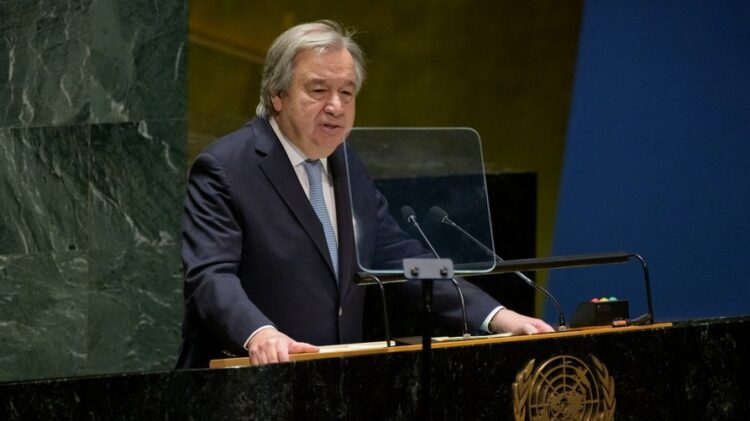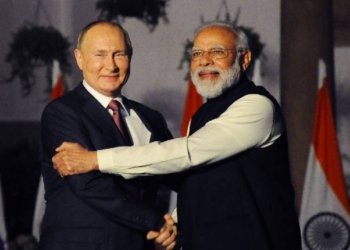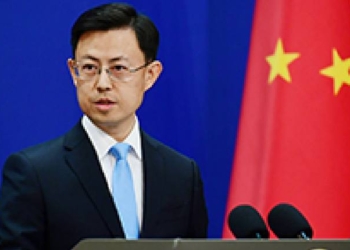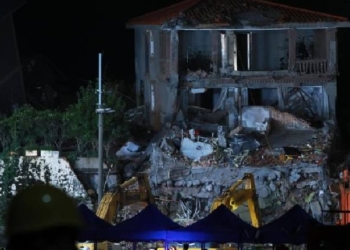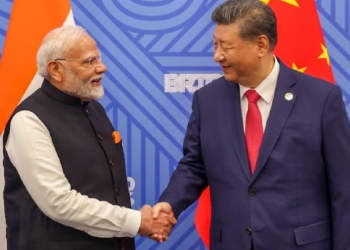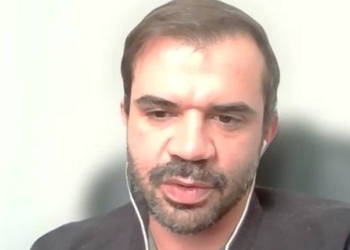United Nations: UN Secretary-General Antonio Guterres proposed strengthening the international response to complex global shocks through an “Emergency Platform.”
The global response to such shocks is often ad hoc, fragmented, and improvised. There is a need for a mechanism to tackle multidimensional threats with a multidimensional response, he said in his presentation of a policy brief for the Summit of the Future scheduled for 2024, Xinhua news agency reported.
“Our global interconnectedness means that shocks that occur in one country or sector can quickly have cascading consequences elsewhere, often in unforeseen ways. Those shocks are coming at us with greater strength and frequency, with serious implications for peace and security, economic stability, and environmental sustainability,” the UN chief said.
Those shocks can have a disproportionate impact in some areas. Both the COVID-19 pandemic and the global cost-of-living crisis hit the poorest and most vulnerable hardest, throwing Sustainable Development Goals (SDG) progress and Agenda 2030 further off-track, he added.
For the sake of a more formal, predictable, and structured approach, the Emergency Platform would leverage the United Nations’ convening power and capacities in a timely and predictable way. It would identify and bring together actors at the appropriate level to respond. It would be flexible and agile, responding to different types of shocks. Crucially, it would promote a global response based on solidarity and equity, and the key principle of leaving no one behind. All people and countries hit by a shock must have access to the support they need, said Guterres.
Accountability would be built into the Emergency Platform, in order to hold all parties to their concrete commitments, he said.
While decisions would continue to lie with member states, the Emergency Platform would also include the private sector, civil society, and other non-state partners with an ability to contribute to the global response.
But he clarified that the Emergency Platform would not be a standing entity or body. It would, instead, consist of a set of protocols around convening key actors in the event of complex, global shocks, and operationalizing their coordinated response.
The Emergency Platform would not displace or duplicate the work of intergovernmental bodies, including the Security Council. Nor would it interfere with the mandate of specialised agencies or existing mechanisms. It would be a tool for the multilateral system to support intergovernmental decisions and complement existing mechanisms, he said.
The United Nations is the only organisation that can bring together all stakeholders in the event of complex global shocks, and has them work together to the best effect. It is time to take decisions that enable it to do so, said the UN chief.
(IANS)




